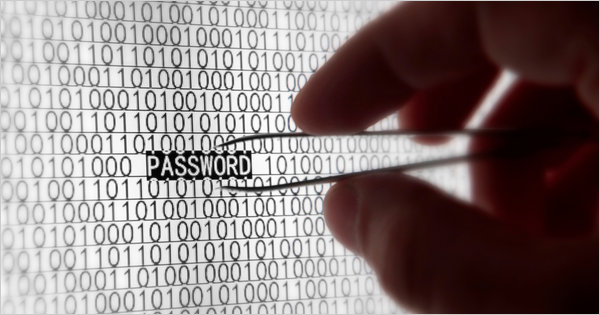Hacker WiFi For Your Mobile Device To Hack Any Network

Protecting our passwords should become our prime task and worry now that we live in the age when most of the data that we send and receive is sent and received over the internet. You probable have witnessed many cases, fist- handedly or second-handedly, of hacker WiFi assaults. A hacker can be any person who tries to access your private and protected system without any authorization. It has nothing to do with the term “hacker” as we knew it from ten years earlier. Today with the free and effortless tools it seems like anyone can play about with your personal data and sensitive information. If you don’t do something to protect yourself you may end up is big trouble. All the few hundred thousand WI-FI networks from around the world use one of the three security types- WEP, which stands for wired equivalent privacy; WPA, which stands for WI-FI protected access,; and WPA 2, which stands for hacker WiFi access 2. It is better to have these security protocols on your system than having none. They play their role; well some more than other, in stopping unauthorized users to enter your WI-FI network and to monitor the data send using the same WI-FI network.

However, today nothing is absolutely protected and secured. The modern techniques and tools do their jobs perfectly well and make the jobs of hacker WiFi too simple and easy. I tried it myself to prove to myself that it is not as they make it sound and I was wrong. I intentionally set up two different WI-FI network connections and composed pretty simple passwords which were marked as “Weak” according to all the standards. The passwords were composed of only a few letters and all the letters where the same case. There were no numbers and no special symbols in the passwords. As I managed to learn for the quite a few sites tackling this processes, initially I had to capture the “four-way handshake”. This is a process with which the PC validates itself to the WI-FI access point.
This way the unauthorized computer device will not be viewed as such. From that point on an experienced hacker can capture the data packets that are being transmitted in only a matter of seconds, the inexperienced one like me and you will need two hours or sometimes more. The point is, even the inexperienced “hacker” can crack the poorly secured Hacker WiFi and have an insight in your internet traffic. That is why when you’re picking a WI-FI password or any other password for that matter makes sure it consists of more than 8 characters and that it is alphanumeric.
